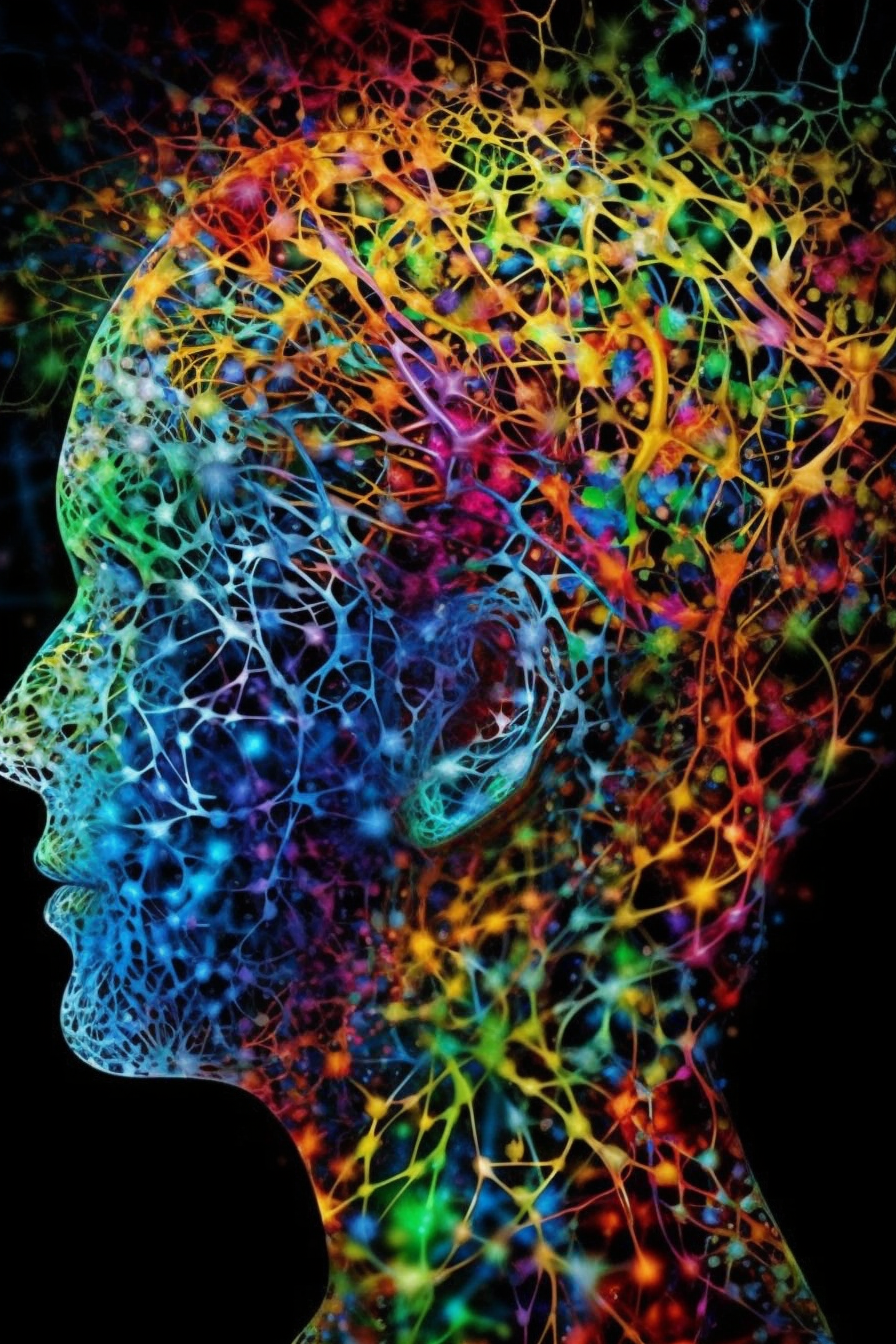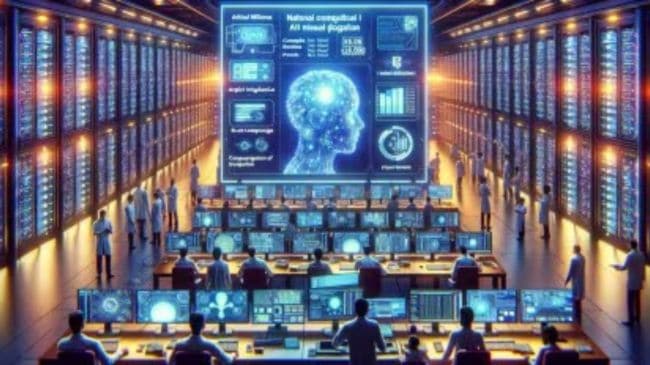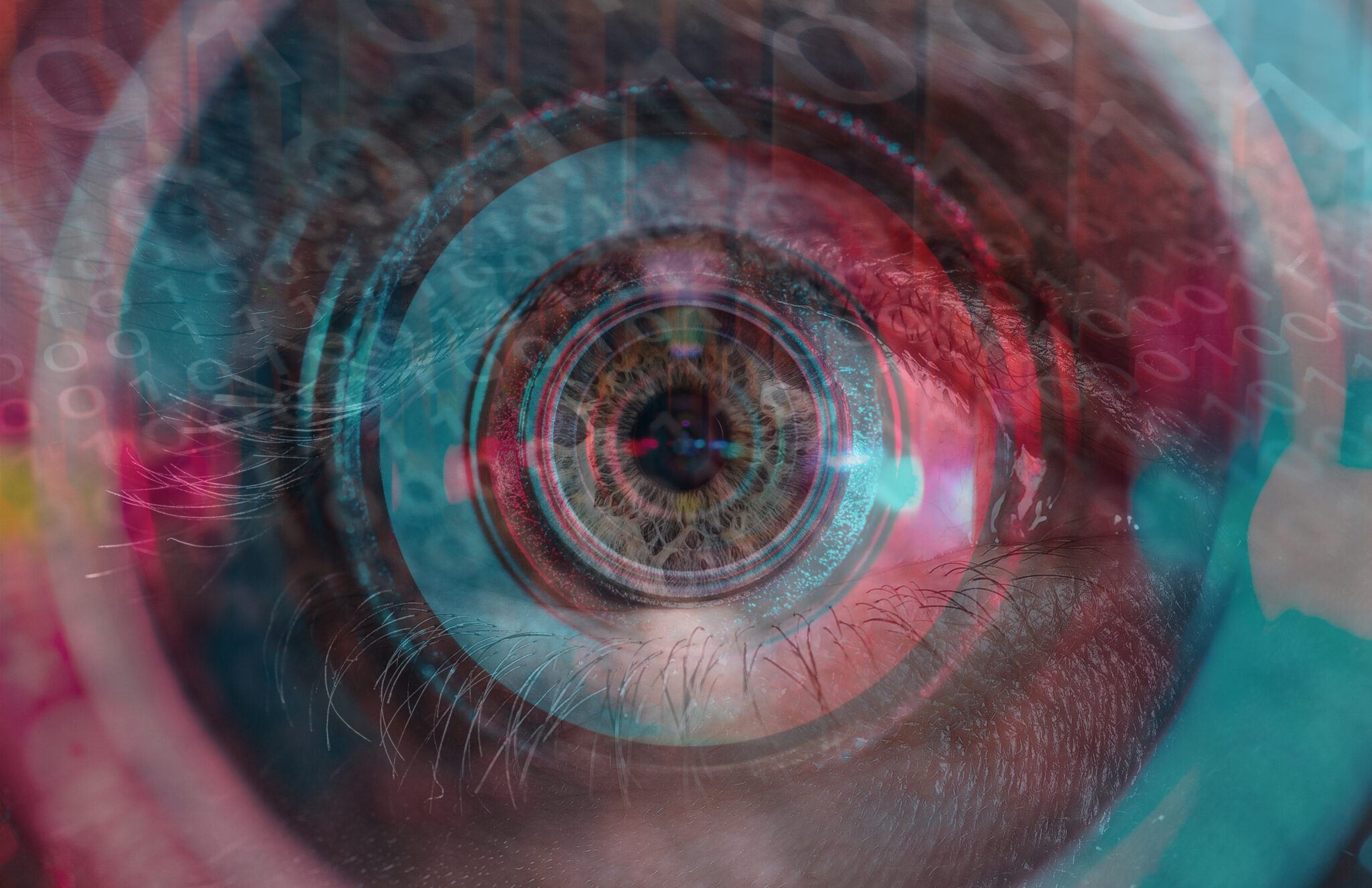Artificial Intelligence (AI) is transforming the way we live our lives, and the healthcare industry is no exception. With the help of AI, doctors and researchers can diagnose and treat patients more efficiently, analyze large amounts of data, and even develop new drugs. In this article, we will explore the various ways AI is being used in healthcare and hospitals and its impact on the medical industry.
Introduction to AI in Healthcare
AI is the simulation of human intelligence in machines that are programmed to perform tasks that typically require human intelligence, such as learning, problem-solving, and decision making. In healthcare, AI is being used to analyze medical images, predict patient outcomes, identify diseases, and develop new drugs.
Applications of AI in Healthcare
Medical Imaging
AI is being used to analyze medical images such as X-rays, CT scans, and MRI scans. With the help of AI, doctors can identify diseases and conditions more accurately and quickly, leading to more effective treatment. AI algorithms can also predict the likelihood of a patient developing a particular condition based on their medical history and other factors.
Diagnosis and Treatment
AI can help doctors diagnose and treat patients more efficiently by analyzing large amounts of patient data, including medical histories, symptoms, and test results. With the help of AI, doctors can develop personalized treatment plans that are tailored to each patient’s specific needs.
Drug Development
AI is being used to accelerate the drug development process by predicting how new drugs will interact with the human body. By analyzing large amounts of data, AI algorithms can identify promising drug candidates and predict their effectiveness, reducing the time and cost required to develop new drugs.
Advantages of AI in Healthcare
Improved Accuracy and Efficiency
AI algorithms can analyze large amounts of data more quickly and accurately than humans, leading to more accurate diagnoses, more effective treatments, and improved patient outcomes.
Personalized Treatment
With the help of AI, doctors can develop personalized treatment plans that are tailored to each patient’s specific needs, leading to better outcomes and fewer side effects.
Reduced Costs
AI can help reduce healthcare costs by improving efficiency, reducing errors, and identifying cost-saving opportunities.
Challenges and Limitations of AI in Healthcare
Data Privacy and Security
As more data is collected and analyzed by AI algorithms, data privacy and security become increasingly important. Healthcare organizations must take steps to protect patient data from theft and misuse.
Ethical Concerns
As AI becomes more integrated into healthcare, ethical concerns arise. For example, who is responsible if an AI algorithm makes a mistake that results in harm to a patient?
Limited Access
AI is still relatively new in healthcare, and not all healthcare organizations have the resources or expertise to implement AI solutions.
The Future of AI in Healthcare
As AI technology continues to advance, we can expect to see even more applications in healthcare. For example, AI could be used to predict the likelihood of a patient developing a particular condition based on their genetic makeup, lifestyle, and other factors.
Conclusion
AI is revolutionizing the healthcare industry, improving accuracy and efficiency, and enabling personalized treatment. While there are challenges and limitations to AI in healthcare, the benefits are undeniable. As AI technology continues to advance, we can expect to see even more applications in healthcare, leading to better patient outcomes and a more efficient and effective healthcare system.









Leave a Reply